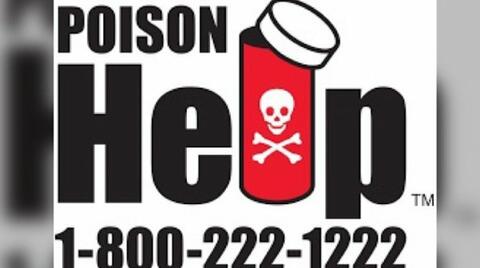Sadly, it’s not uncommon to hear of the tragic deaths of travelers caused by accidental carbon monoxide poisoning (CO).
In a recent incident, carbon monoxide poisoning was confirmed to be the cause of death of three Americans vacationing at a Bahamas resort.
Accidental CO-related illness and death from faulty or improperly vented fuel-powered heaters, appliances, and other equipment can occur anywhere — private homes, guest houses, commercial facilities (resorts, hotels, motels, inns), and residential-type rentals/Airbnb (condos, apartments, guest rooms, hostels).
“Carbon monoxide poisoning is a hidden danger commonly overlooked, especially in warm-weather months,” says Diane Calello, executive and medical director of the New Jersey Poison Control Center.
“This poisonous gas is invisible, so you don’t realize you’re breathing in the deadly fumes.”
CO poisoning gives no warning, you can’t see, smell, hear, or taste it. Dangerous levels of CO can build up quickly in spaces, poisoning anyone breathing in the fumes, including pets.
Although many people die yearly from accidental carbon monoxide poisoning, more visit emergency departments for CO-related illnesses.
Pool heaters at lodging and rental facilities are a common source of carbon monoxide poisoning. This gas is impossible to detect without working CO detectors.
When making reservations, ask about the facility’s carbon monoxide detector policy.
To prevent CO poisoning, detectors should be installed inside facilities and rental properties.
If CO detectors are not installed, consider staying at another lodging or rental facility. Also, consider bringing a personal CO monitor/detector with you when traveling.
Firefighters often wear these personal monitoring devices and emergency medical service professionals to prevent CO poisoning.
“Poisoning from carbon monoxide is hard to recognize, which is why it can often be misdiagnosed,” Calello said.
“If feeling sick, it’s important to pay careful attention to the signs and symptoms you may be feeling.”
Symptoms of carbon monoxide poisoning may include headache, dizziness, weakness, tiredness, upset stomach, vomiting, chest pain, and confusion.
Early symptoms of CO poisoning can be confused with symptoms of viral infections (the common cold, flu, and COVID-19), food poisoning, motion sickness, and anxiety.
Carbon monoxide poisoning should be seriously considered if your symptoms improve when you leave the pool area or room or if others around you, including pets, experience similar symptoms.
CO poisoning is a medical emergency that requires you to act quickly. If you’re feeling sick, everyone, including pets, should leave the area immediately and get medical help.
If a person or pet has come in contact with carbon monoxide, follow these steps and get help immediately.
Poison control centers are a medical resource for the public and healthcare professionals. Get fast, free, expert medical help, 24/7.
- If a person is not breathing or hard to wake up, get them out of the area and call 9-1-1. If a pet was exposed to CO, contact a veterinarian or animal hospital.
- Get out of the area immediately. The longer you breathe in poisonous fumes, the more severe the health effects.
- Contact the local fire department or emergency medical services. If you’re staying at a lodging facility, contact the front desk.
- If you’re staying in a U.S state or territory, call the local poison control center at 1-800-222-1222 for immediate, medical treatment advice. Do not waste time “Googling” what to do.
Call the NJ Poison Control Center at 1-800-222-1222.
If someone is not breathing, is hard to wake up, or having a seizure, call 9-1-1.
